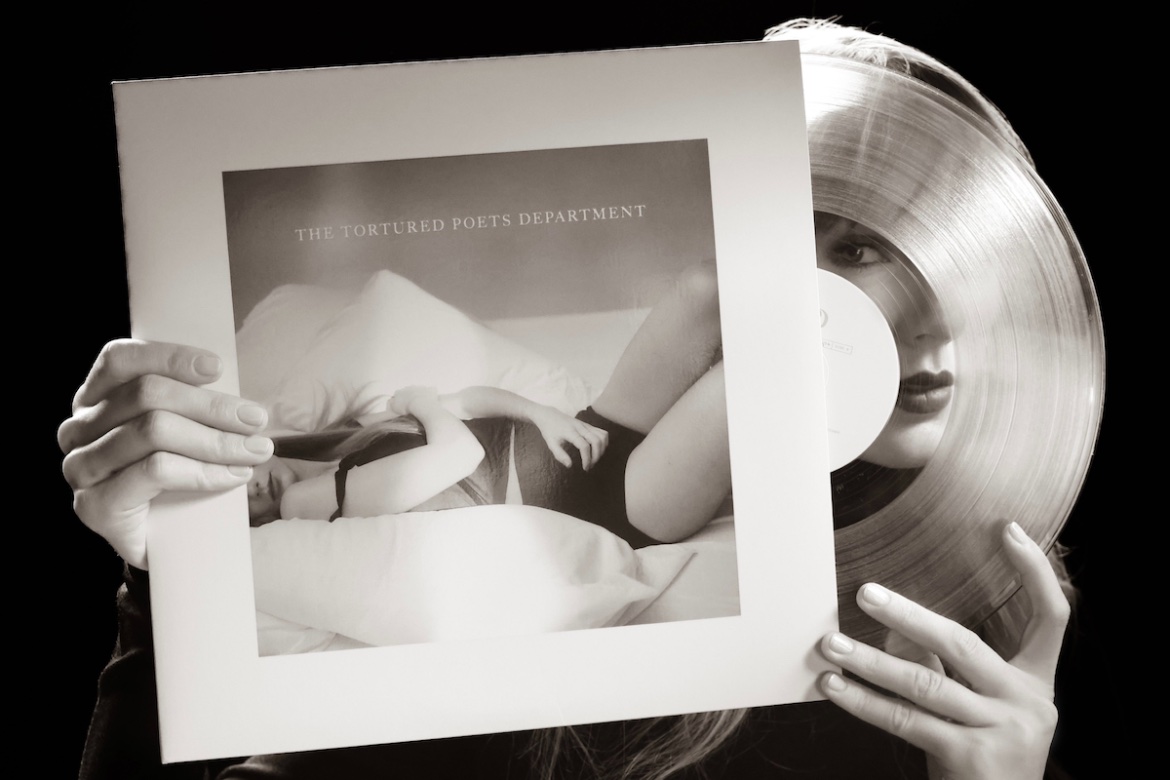Being a nerd — or a Blerd if you know me — means you have very strange and niche interests. The kind of interest that makes people chuckle before realizing you are serious. Five Nights at Freddy’s, for me, was one of these interests. But it’s not even the lore, game, or film itself — though I am also passionate about those. I fell in love with the FNAF music created and distributed online. If you’ve watched the FNAF film and stayed until the end, you might have been surprised by the final song and thought that it was specially created for the film itself. The song “Five Nights at Freddy’s” actually came out in 2016, and I was obsessed. So, rather than focusing on the FNAF film, I want to focus on what inspired me to get into FNAF in the first place: video game music.
When I say this, I don’t mean soundtracks, although those are also great. In the 2010s, a wave of music was specially written and produced about video games detailing certain characters, lore, or even big moments in the game. The song “Five Nights at Freddy’s” did an overview of the first game, but also gave insight that the animatronics, at the end of the day, were the victims of the stories who, and I quote, are “poor little souls who have lost all control and we’re forced here to take that role.” This song was one of the many centered around the video game FNAF, each detailing more lore or aspects of the game through song. This, for me, was a way to get engaged with the game before even playing it. As a kid, I was scared of everything. So FNAF, for a long time, was something I was terrified of and never wanted to hear about, let alone play. But I stumbled upon the music one day after falling down the YouTube rabbit hole and became obsessed. It was my way of connecting with the fandom, and it allowed me to set boundaries. Soon, FNAF wasn’t scary, and I could truly dive into it. Video game music gave me access to a game without ever even playing it, and for someone with a short attention span and terrible hand-eye coordination, video game music was my way into many fandoms.
Video game music also consistently brought me into genres of music that I was hesitant to try without even realizing it. Being a genre not defined by how the music is played or created but rather by the content itself, video game music helped me explore genres I wasn’t a part of. For example, the song “Five Nights at Freddy’s” consists of electronic beats with an auto-tuned voice. Recently, the song inspired a Big Brass Band cover using the A.I.-generated voice of Frank Sinatra — and it was surprisingly good. This is just one example, and a lot of video game music also features rap, swing, country, and even rock in some cases. The sky is honestly the limit, and the type of music often correlates with the game’s themes and highlights. One song uses alliteration to describe Fallout 4 S.P.E.C.I.A.L. skills using a swing beat, paralleling the game’s homage to the ’40s and ’30s in its soundtrack; in another, Black anime lovers rap about their favorite shonen characters, having the character theme lay the groundwork for hard-hitting lyrics. This was perfect for a kid who wasn’t interested in mainstream music. I was more than comfortable listening exclusively to Broadway and found listening to other music at the bottom of my list. By exploring video game music, I, in turn, got more comfortable just listening to the genres themselves. It made me realize that if I like something as niche as music made about video games, it wouldn’t hurt to try other genres as well.
I have been highlighting my love for this music since childhood, but that hasn’t gone away as I’ve gotten older. Instead, the space to explore new music has only gotten smaller and smaller. Many find their genre and stick with it, which is fair, and I won’t ever fault someone for sticking to what they like. But there’s little room for discussing music that marked you as the weird kid in middle school. That would be admitting that you were a weird kid, and many in college want to move past that label and do a rebrand. But we don’t have to grow out of our childhoods. I think taking them with us is important because they allow us to look at our wounds without judgment. As we get older, we can look at our love for things like FNAF and how it affects how we listen to music now. I think there’s something cool about seeing how far you’ve come in exploring music because it also shows how much you’ve grown. And I think there’s no shame in going back and exploring your childhood genre even further. To this day, people blast High School Musical, Shake It Up, or even The Backyardigans music because it takes them back to when they were small. Just because it wasn’t the most popular thing in the world doesn’t mean you can’t be excited to share it — because you were excited to find it years ago. And that alone makes it worth listening to. And if more people feel comfortable sharing their weird video game music, it may become the trend.










